This presentation is a 16 slide introduction to what must be thought about when building a production cloud. Proper image management is critical engineering task.
Continue Reading “Open Source Summit Europe 2017: Prague: Linux Container Internals”

This presentation is a 16 slide introduction to what must be thought about when building a production cloud. Proper image management is critical engineering task.
Continue Reading “Open Source Summit Europe 2017: Prague: Linux Container Internals”
This is a live blog of this talk by the Azure Containers team. Michelle Noorali, leads SIG-Apps. Matt Butcher wrote the Children’s Guide for Kubernetes. They mention that they are going to talk about long running applications/services and short running batch jobs. Michelle started to talk about Kubernetes primatives for long running processes. She talked
Continue Reading “Open Source Summit Prague: Developer Tools for Kubernetes”
This session is by Igor Dvoretsky, Developer Advocate for the CNCF. I figured people are always interested in what’s new in the hottest project on GitHub, so I decided to attend this session. I decided to give live blogging a try 🙂 Igor first mentioned that he is a member of the release team for
Continue Reading “Open Source Summit Prague: What’s New in Kubernetes 1.8”
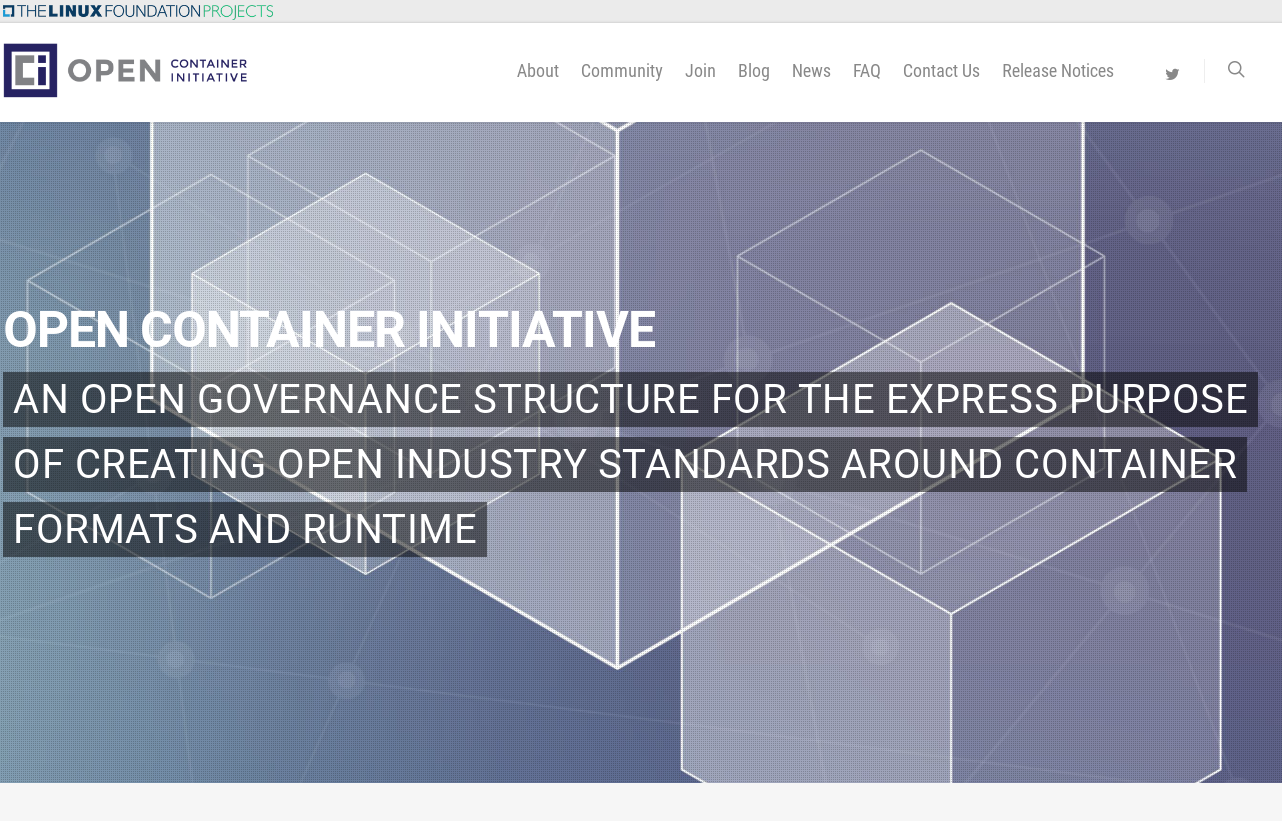
Background Have you ever tried to get runc to work? Did you have that WTF moment where you were like, this is weird, and annoying, and why do I even need to know this? When, I use docker, everything just works. Well, I am here to help. Why might you want to get ninja with
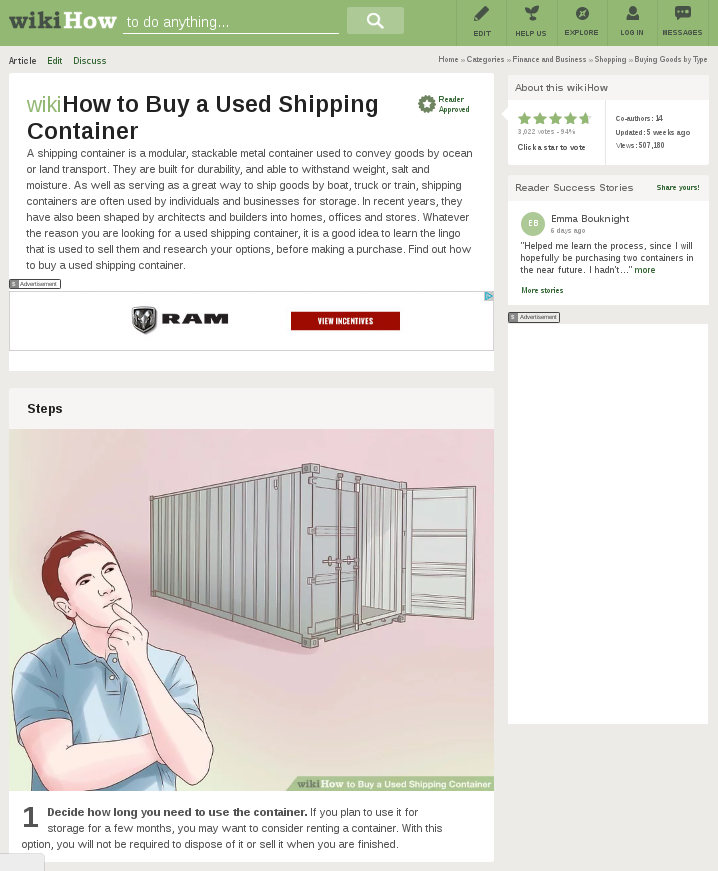
How do you buy a used Linux container? A quick search of “how to buy a shipping container” will turn up a wealth of information, especially how to evaluate used ones. While all analogies are imperfect, this one is pretty good and it does highlight an interesting problem – basically, any Linux container image over
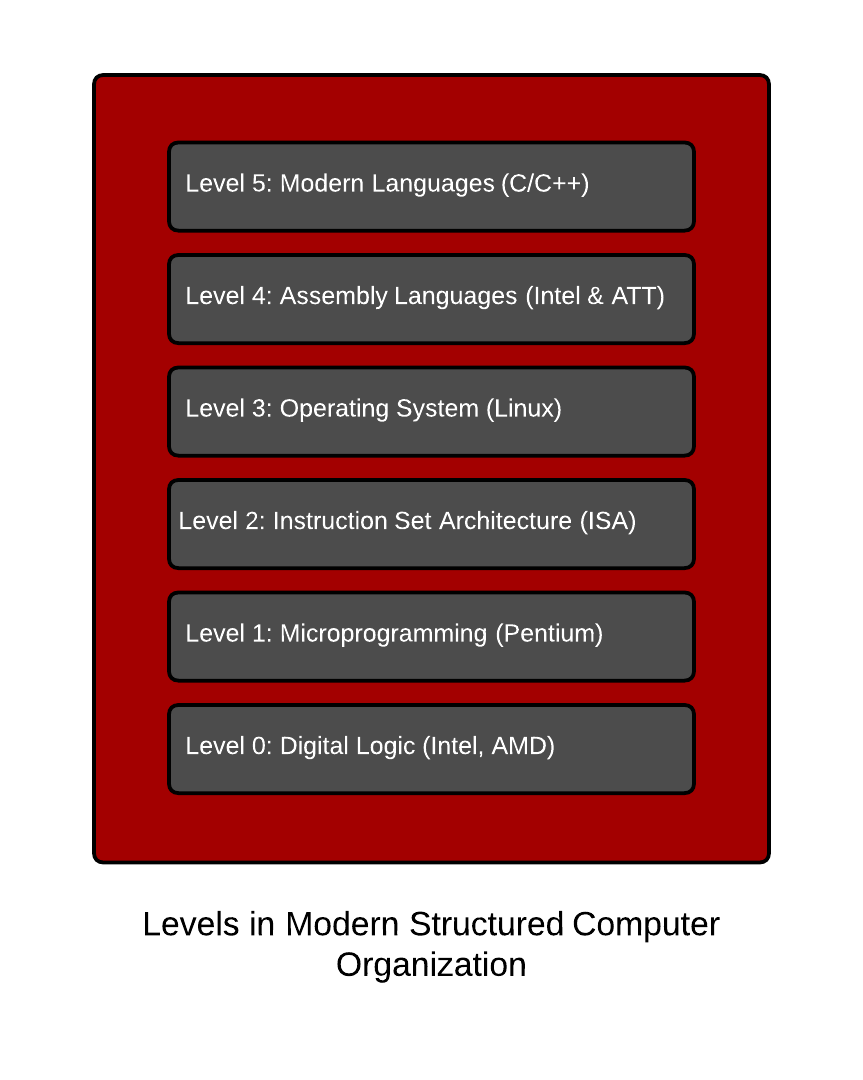
The Paths Forward In Container Portability: Part2: Code Portability Today, we discussed how there are no regression tests, there is no complete interface standard, there is definitely pain ahead if we think we can use today’s container images (level 3B) on tomorrow’s container hosts (level 3A), 10 years from now. So, what’s the solution? With
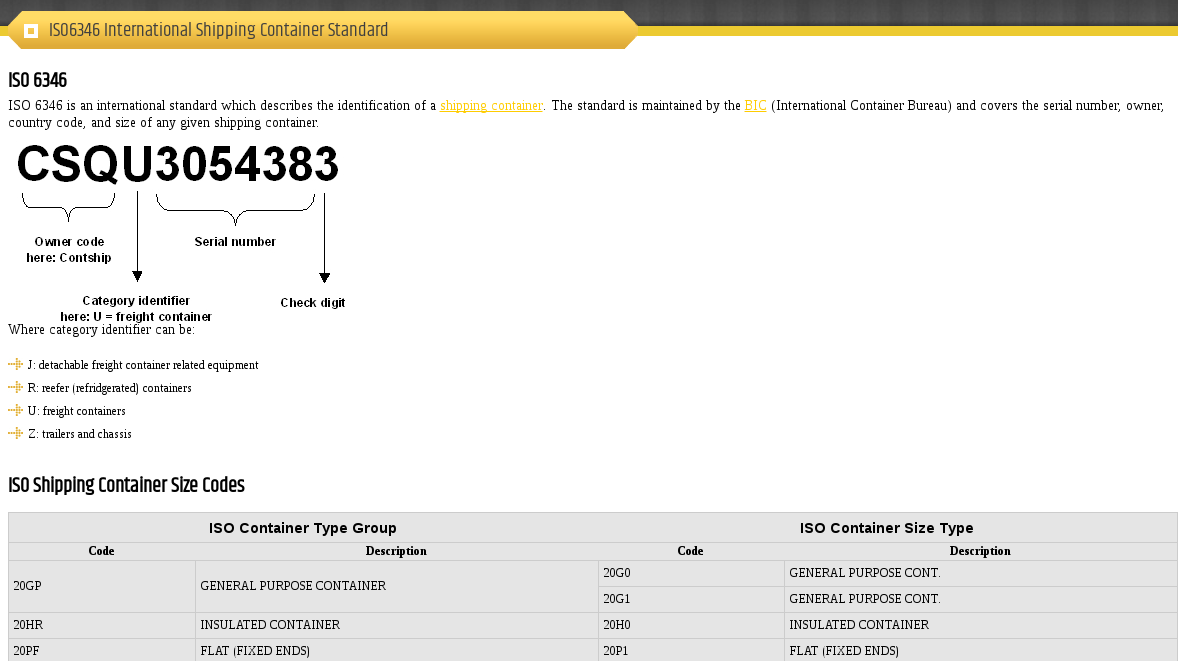
Like in the physical world of shipping containers, the OCI container image and runtime formats are critical because they allow for infrastructure and investment to happen among a bunch competing and collaborating entities. Vendors can invest in building an ecosystem of tools, orchestrators, registry servers, etc. Users can extract value from the ecosystem, move containers where
Continue Reading “The Open Containers Initiative: Software Containers vs. Shipping Containers”

Code Portability Today In Container Portability: Part 1: A Brief History in Code Portability, we explored the genesis of code portability and visited structured computer organization to highlight the six commonly found levels in modern computing. Revisiting the six layers – nobody debates the portability of the upper two layers – Application Programmers know that C

A Brief History in Code Portability Do you know why you can take a Python program and run it on any computer that has a Python interpreter on it? Well, because the computer industry has made a huge amount of investment into providing portability over the last 70 years. In the beginning, computers didn’t have
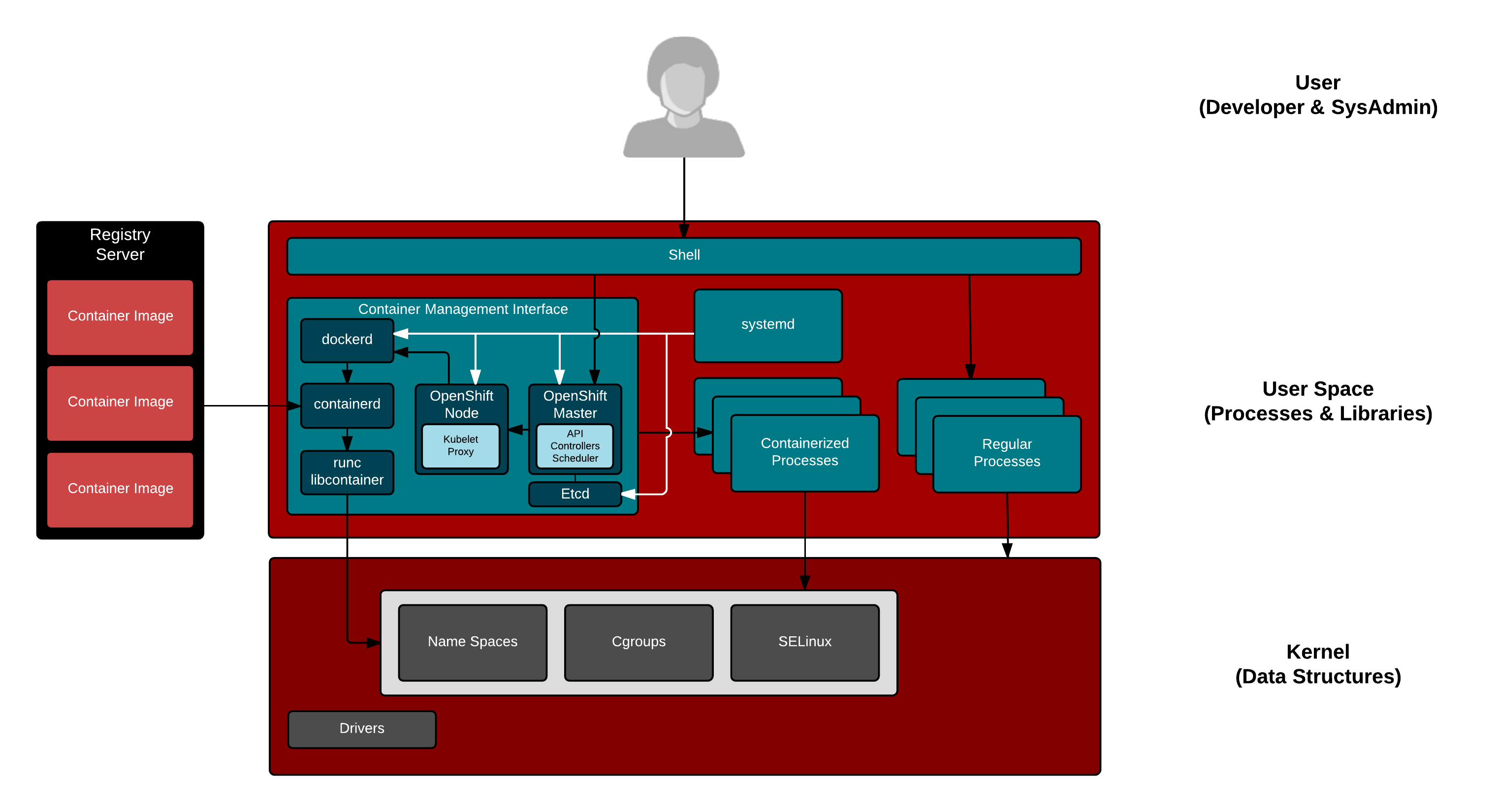
The Container Host *is* the Container Engine, and Container Image Compatibility Matters Have you ever wondered, how are containers are so portable? How it’s possible to run Ubuntu containers on CentOS, or Fedora containers on CoreOS? How is it that all of this just magically works? As long as I run the docker daemon on
Continue Reading “Why Portability is Not the Same Thing as Compatibility”